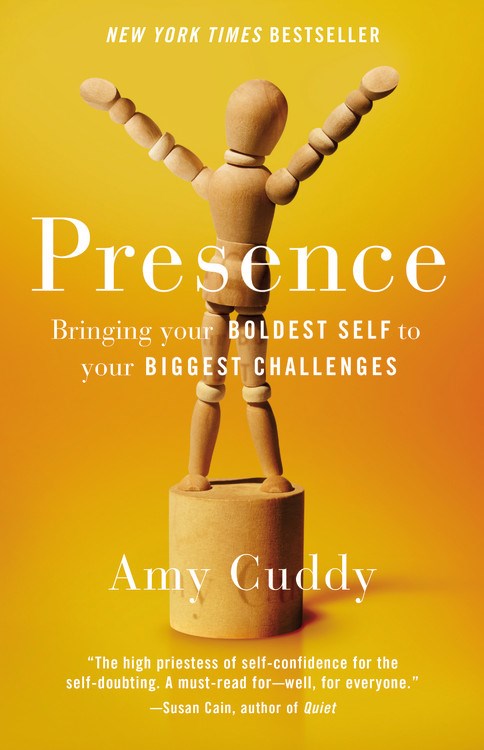Jack Covert Selects - Mind Over Mind

"Power tends to corrupt, and absolute power corrupts absolutely." Most people are familiar with that idiom and would agree that power has an intoxicating effect on even the most moral person. But just why are powerful people so prone to corruption and self-destruction?
Chris Berdik opens his new book, Mind Over Mind: The Surprising Power of Expectations, with the tale of Franz Anton Mesmer, who "cured people of nearly every malady by moving his hands around them." The wild popularity of mesmerism toward the end of the 18thcentury was so widespread that it led to an investigation and crackdown by King Louis XVI on any sort of dark arts, or use of "imagination" as a cure. Why is this the opening story? Because mesmerism (like medicinal placebos) shows that "our predictions for the near and distant future bend reality" and have "self-fulfilling potential." While it's true that Mesmer didn't cure disease by simply willing it away, the end result was that healing did happen because the sick expected it to. Berdik's book attempts to explain this phenomenon—to "untangle the complex interplay between what we assume will be and what is."
Exploring the vast influence of expectations brings up humbling, even frightening possibilities. We might discover just how little contact we truly have with bedrock reality, and how much of our time, effort, and emotion we devote to watching and worrying over shadows. On the other hand, the power of expectations makes our reality coherent, meaningful, and open to the possibility of change, if we put our minds to it.So, back to our original question: Why does absolute power corrupt so absolutely? In Chapter 8, Berdik explores how power gradually inoculates against the typical twinges of anxiety (e.g. sweaty palms, butterflies in the stomach) we feel physically. Most of us worry about being caught when we've done something wrong, and our nerves communicate that fear in telltale ways. Powerful people become so used to being unchallenged that their expectation of getting caught disappears and those physical signals cease to occur. And there is a good sum of research that "the feeling of power and the accompanying hormonal changes are essentially an all-purpose stress buffer that anybody can tap into." In other words, we can train ourselves to feel powerful and expect success, which can insure that we succeed more often.
In Mind Over Mind, Berdik explains how crucial a role our expectations play—for good and for ill—in many areas of life: addiction, criminal activity, athletic feats, the value of money, witness identification, test scores, even the curing of phantom limbs. Simply by riding the coattails of our expectations, by being "a little less insistent on separating what we imagine and what's real" our minds can take us places where our bodies or even our reality would hesitate to go, and each of us can use that knowledge to improve ourselves and our performance.
